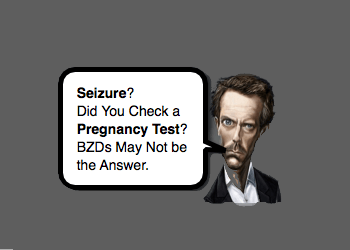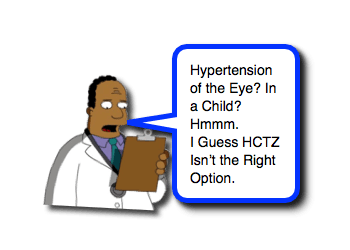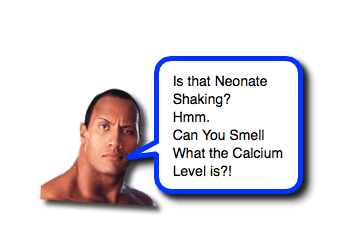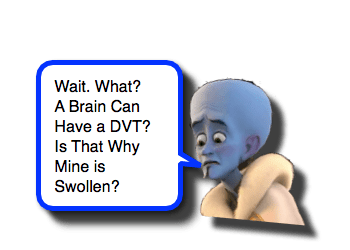Pediatric Chance Fracture
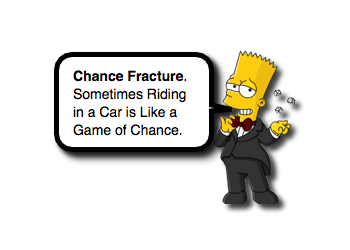
We have discussed the potential hazards of being a child on numerous occasions (ex, Injury Prevention, Trampolines, Lawn Mowers, Submersions, Electricity, Firearms), but nothing leads to more injuries than motor vehicles (sometimes, even when they are standing still – Vehicle…


